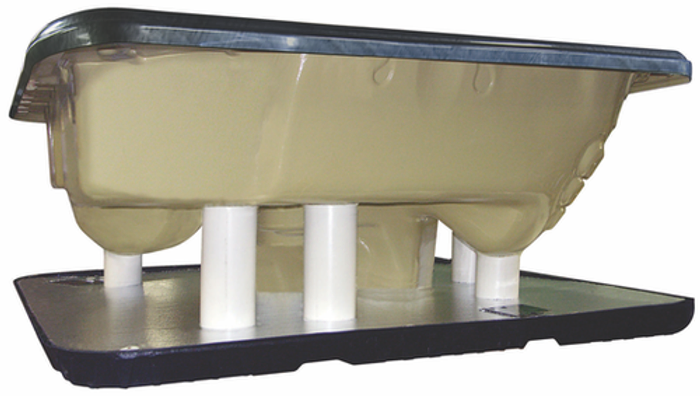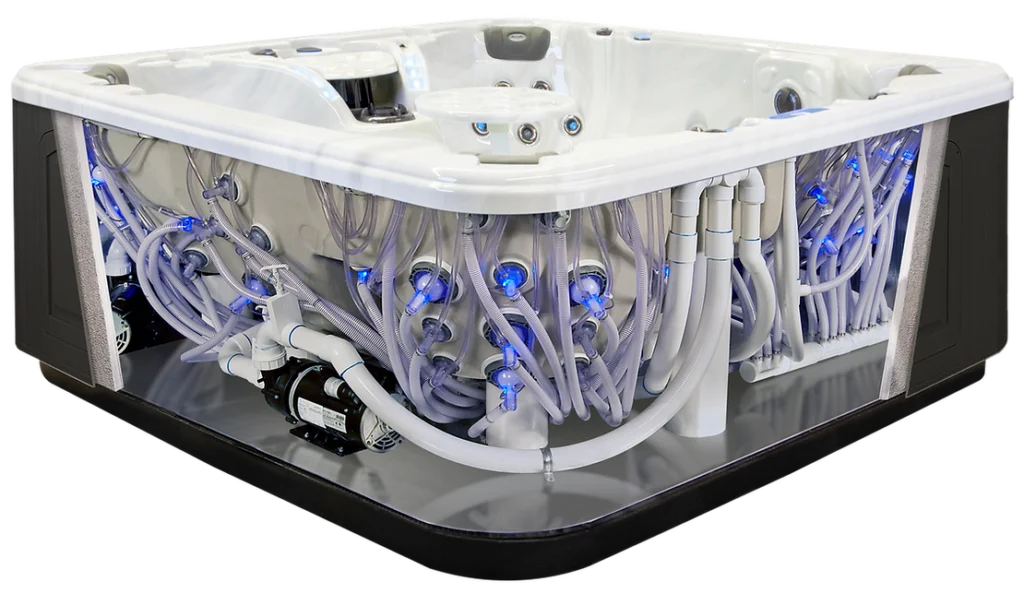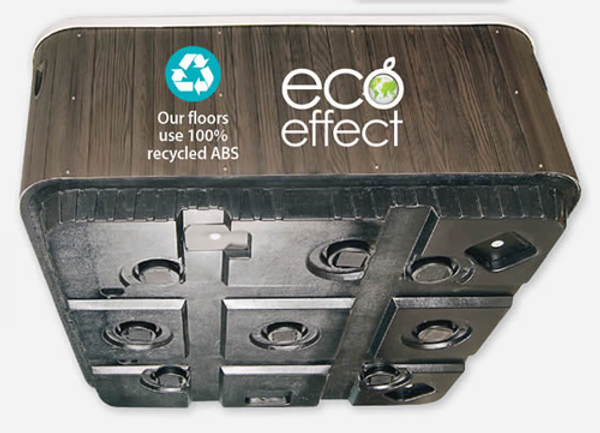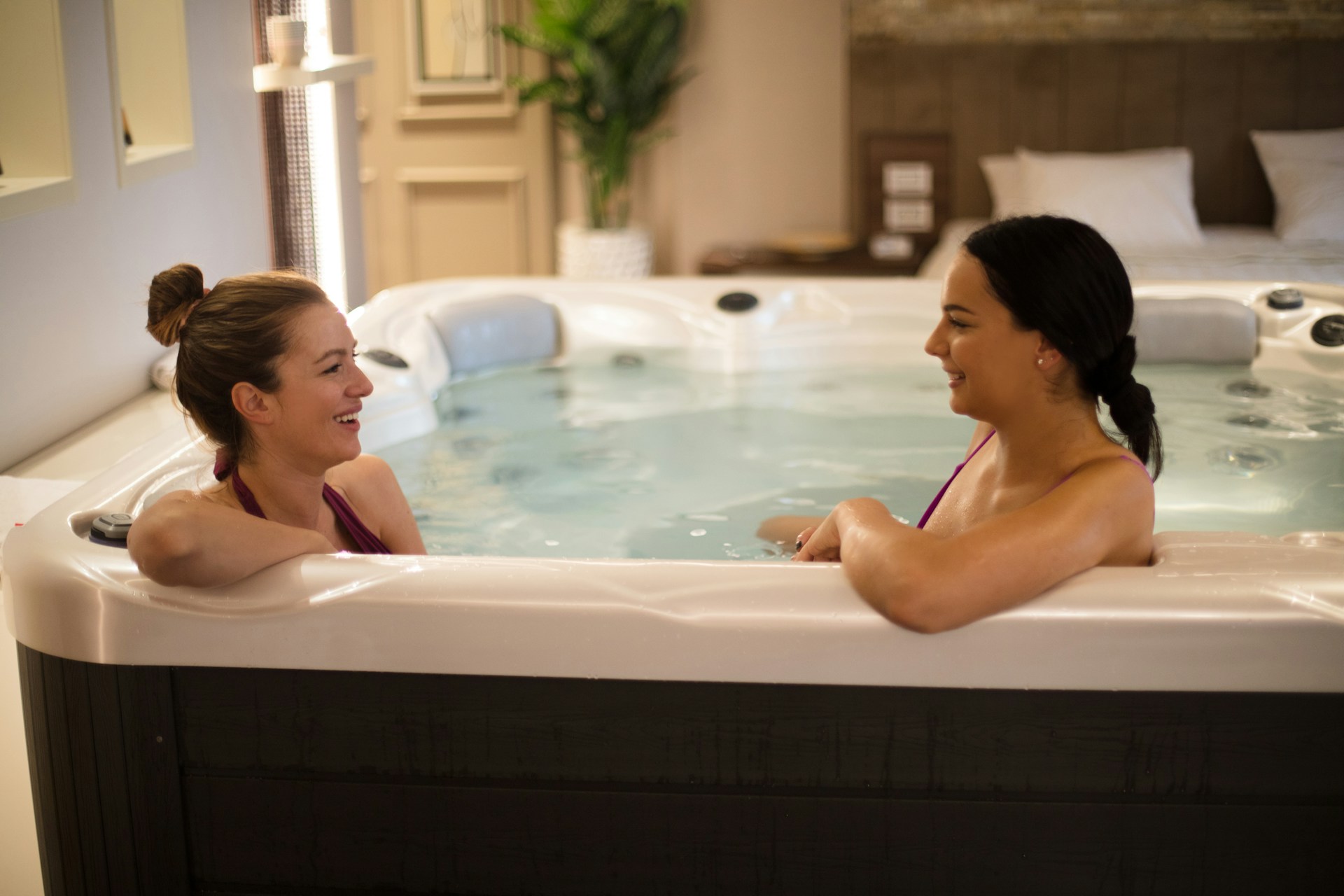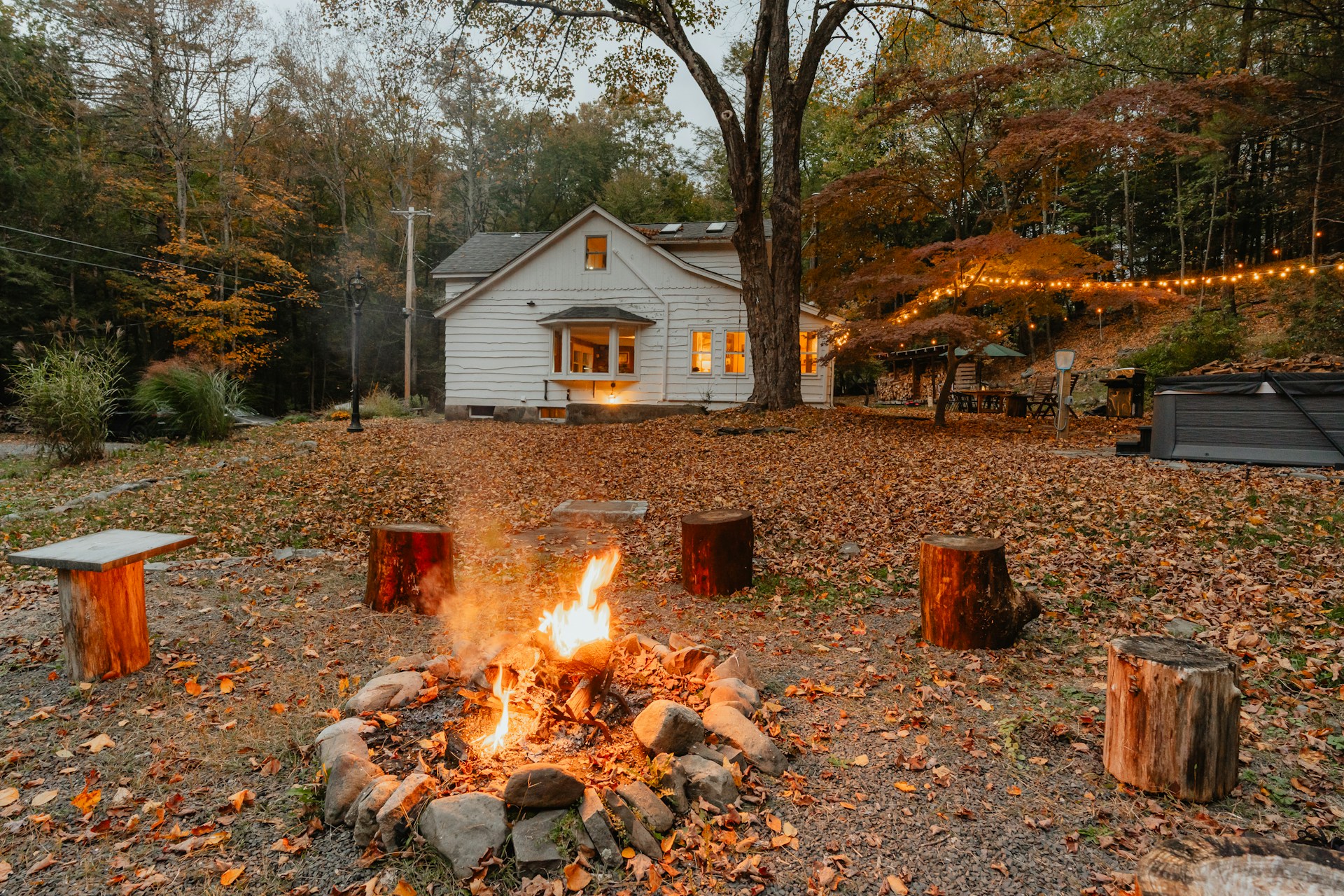Hot Tubs Calgary have a similar construction process across the industry. First an acrylic layer is vacuumed into a form, then in most cases fibreglass is sprayed and hand rolled to strengthen the acrylic layer. Once this step is complete, holes are drilled for the jets, either by hand or automation. Next, plumbing and control systems are installed, a frame is added. Finally, the manufacturer either spray foams the entire hot tub cabinet or perimeter and floor insulation is added creating a warm zone on the inside of the hot tub cabinet, much like a house. The industry is split on the best way to insulate a Hot Tub, and this is also partly due to the different climate areas a spa is delivered too. Commonly, and perhaps counter intuitively, in colder climates the preference is usually perimeter insulation, because it allows heat created by the components of the tub to be captured by the water.
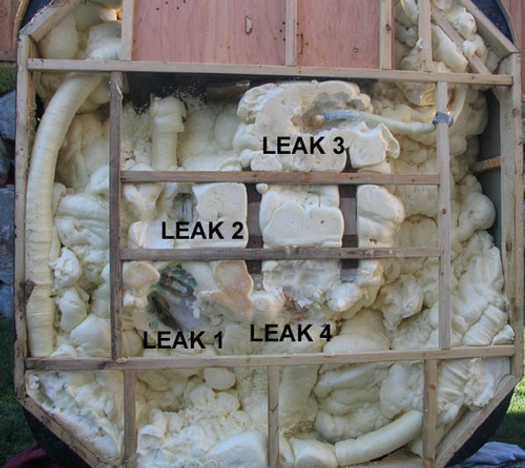
The benefit of full foam insulation
The benefit of full foam insulation is that it adds further support to the hot tub shell, this allows less fibreglass to be added in the previous steps. Hand rolling fiberglass is expensive, because it has to be done by hand, by one or two people. Spray foaming also insulates the heat creating components from the water, meaning that this source of heat is largely lost. Perhaps the most challenging aspect of full foam insulation is future maintenance. If you’ve been to a hot tub store that takes in used Hot Tubs, they’ll often have a tub or two in the back tipped up on its side with the cabinet and floor removed, and foam chipped away in search of a leak. This is the same process that would be required in your backyard, should a leak occur, because the leak finds the easiest path through the foam until it finds an exit, usually several feet from where the initial leak occurred. Further, water saturated foam loses its efficacy, so suddenly those insulative properties of foam will be lost.
The benefits of rigid perimeter insulation in Hot Tubs Calgary
Alternatively, the industry is moving toward rigid perimeter insulation like on our Be Well Canada Spas. In this case the floor and walls of the cabinet are insulated and a warm zone between the cabinet and the shell is created. Additionally, air is trapped in this space, adding to the insulative qualities of the design. The best hot tubs have a continuous insulative structure, that’s uninterrupted by framing material that can act as a thermal bridge, allowing cold temperatures from the outside to find a path to the inside. The worst framing material for this is aluminum or steel, while wood isn’t much better. The benefit of the perimeter insulation method is that heat created by the components of the hot tub, like the pumps that operate at 60 degrees celsius, are transferred to the water, and even more importantly, when one day you have a leak, it’s extremely easy to find and fix! So easy, many people even choose to do it themselves.
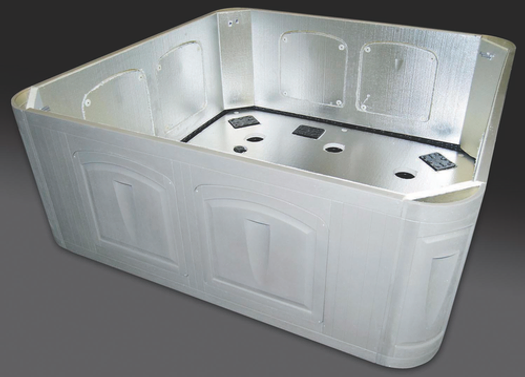
Summary
While there are benefits to both type of insulation, if you’re looking for a quality hot tub that can be easily serviced, and thus last for a generation, we highly recommend you choose a sealed cabinet with perimeter insulation.
Clearwater Spas unique foam pillar support system means that a thermal bridging perimeter frame isn’t required. The result is one of the most energy efficient hot tubs in the industry. This industry leading design is why Backyard Canada chose to work with Clearwater.
